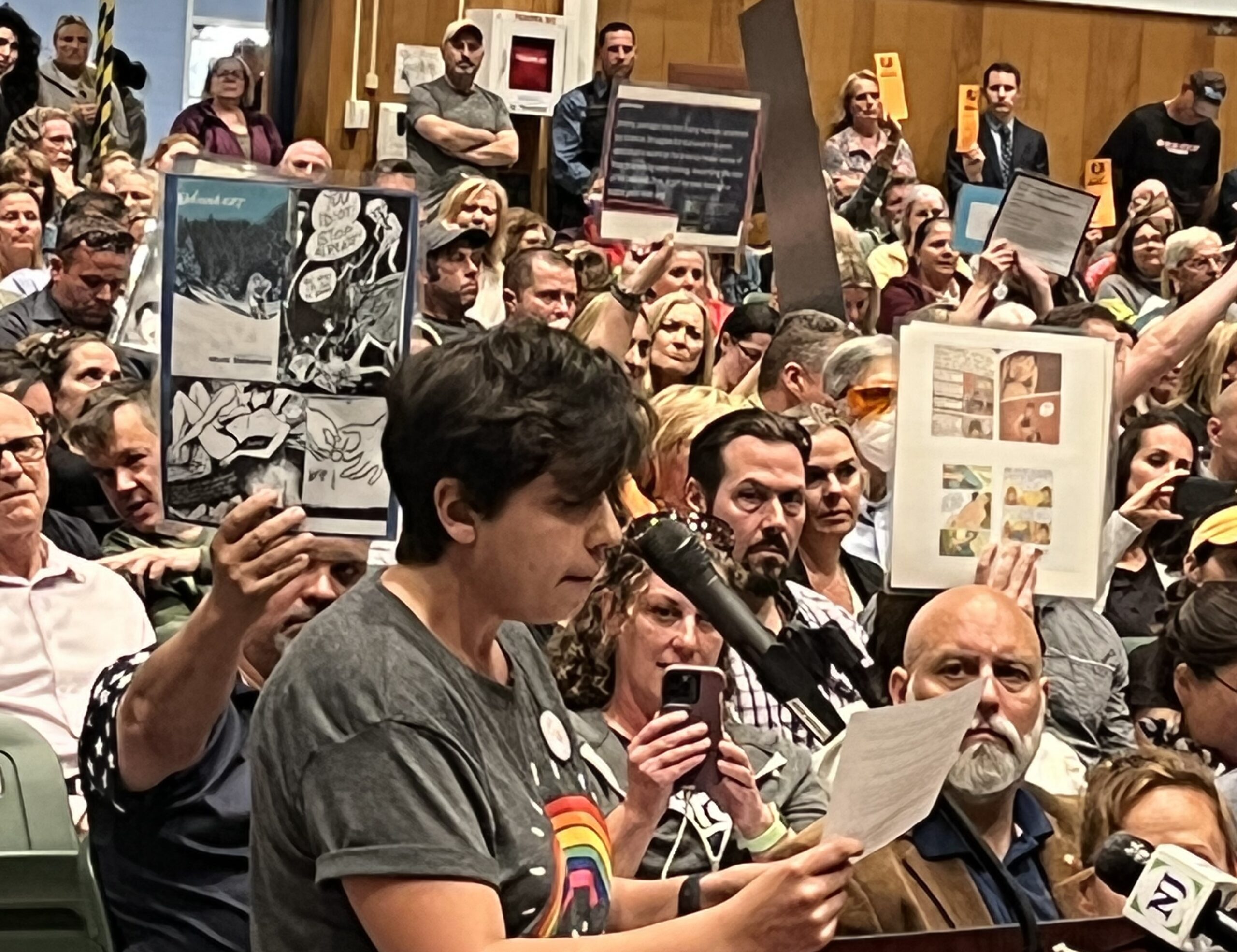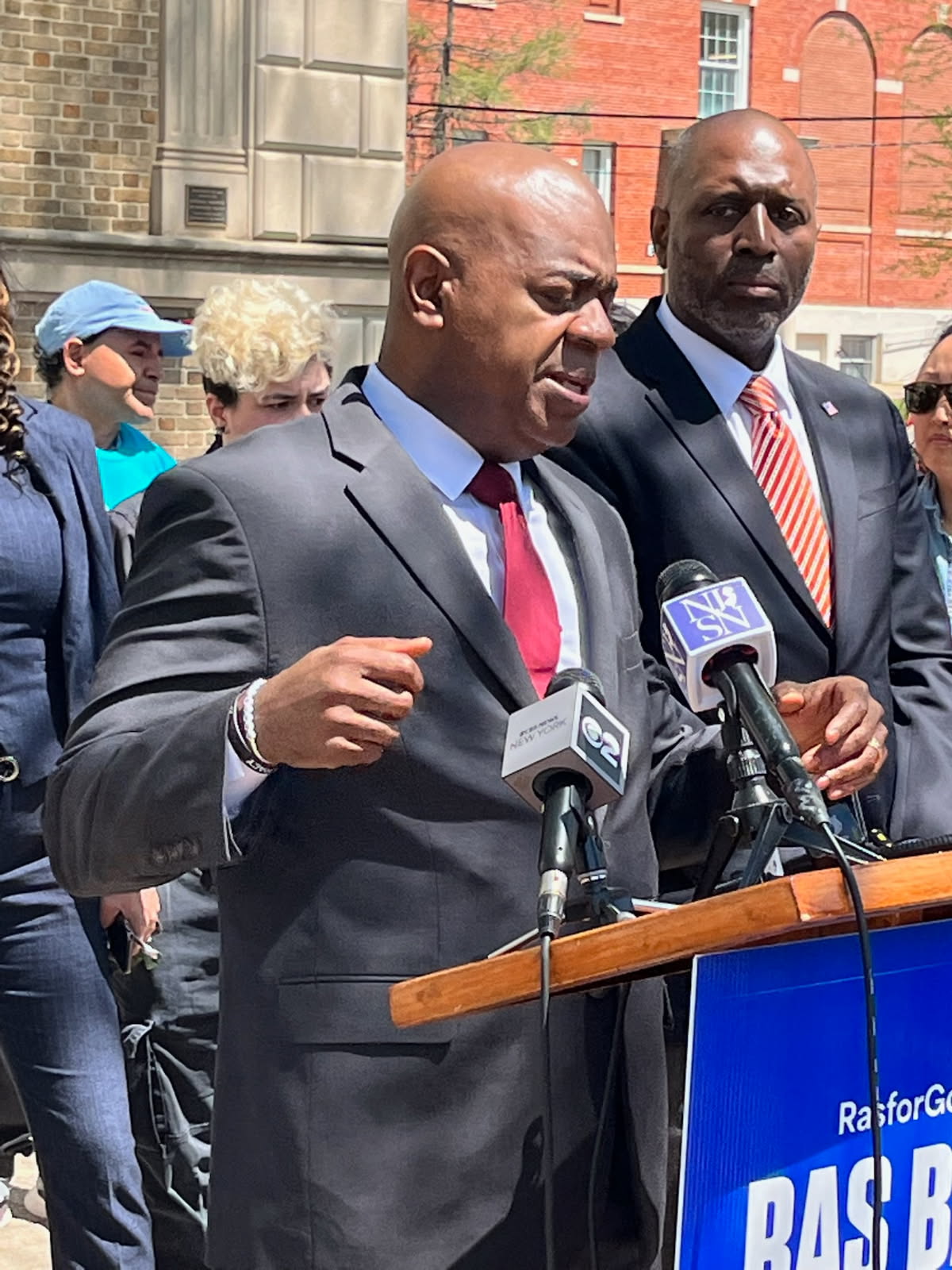Understanding the Relationship between Judicial Integrity and the Culture Wars: Insights from Insider NJ
The culture wars have long been a contentious topic in American society, with heated debates surrounding issues such as abortion, same-sex marriage, and religious freedom. These battles often spill over into the judicial system, where judges are tasked with interpreting and applying the law to these divisive issues. However, the relationship between judicial integrity and the culture wars is a complex one, and it is important to gain insights from those who have an insider perspective.
Insider NJ, a prominent political news website in New Jersey, has provided valuable insights into the relationship between judicial integrity and the culture wars. Through their coverage of legal cases and interviews with legal experts, they shed light on the challenges faced by judges in maintaining their integrity while navigating these contentious issues.
One of the key insights provided by Insider NJ is the importance of impartiality in judicial decision-making. Judges are expected to set aside personal biases and apply the law objectively. However, in cases related to the culture wars, this can be particularly challenging. For example, a judge who holds strong religious beliefs may find it difficult to separate their personal convictions from their duty to uphold the Constitution. This can lead to accusations of bias and undermine public trust in the judiciary.
Insider NJ also highlights the role of public perception in shaping judicial integrity. The culture wars often generate intense public scrutiny and media attention. This can create pressure on judges to align their decisions with popular opinion rather than the law. Insider NJ’s coverage of high-profile cases demonstrates how judges must navigate this delicate balance between public sentiment and their duty to uphold the rule of law.
Another important insight from Insider NJ is the impact of judicial appointments on the culture wars. The appointment of judges who hold strong ideological views can significantly influence the outcome of cases related to contentious social issues. Insider NJ’s reporting on judicial nominations and confirmations provides valuable insights into how political considerations shape the composition of the judiciary and, consequently, its approach to the culture wars.
Insider NJ also sheds light on the role of judicial independence in maintaining integrity during the culture wars. Judges must be able to make decisions based on the law and legal precedent, free from external pressures or political interference. Insider NJ’s coverage of attempts to influence judicial decisions and undermine judicial independence highlights the importance of safeguarding the integrity of the judiciary in a polarized political climate.
In conclusion, Insider NJ provides valuable insights into the relationship between judicial integrity and the culture wars. Their coverage of legal cases, interviews with legal experts, and analysis of judicial appointments shed light on the challenges faced by judges in maintaining their integrity while navigating contentious social issues. By understanding these dynamics, we can better appreciate the complexities of the judicial system and work towards a more informed and inclusive public discourse on the culture wars.




